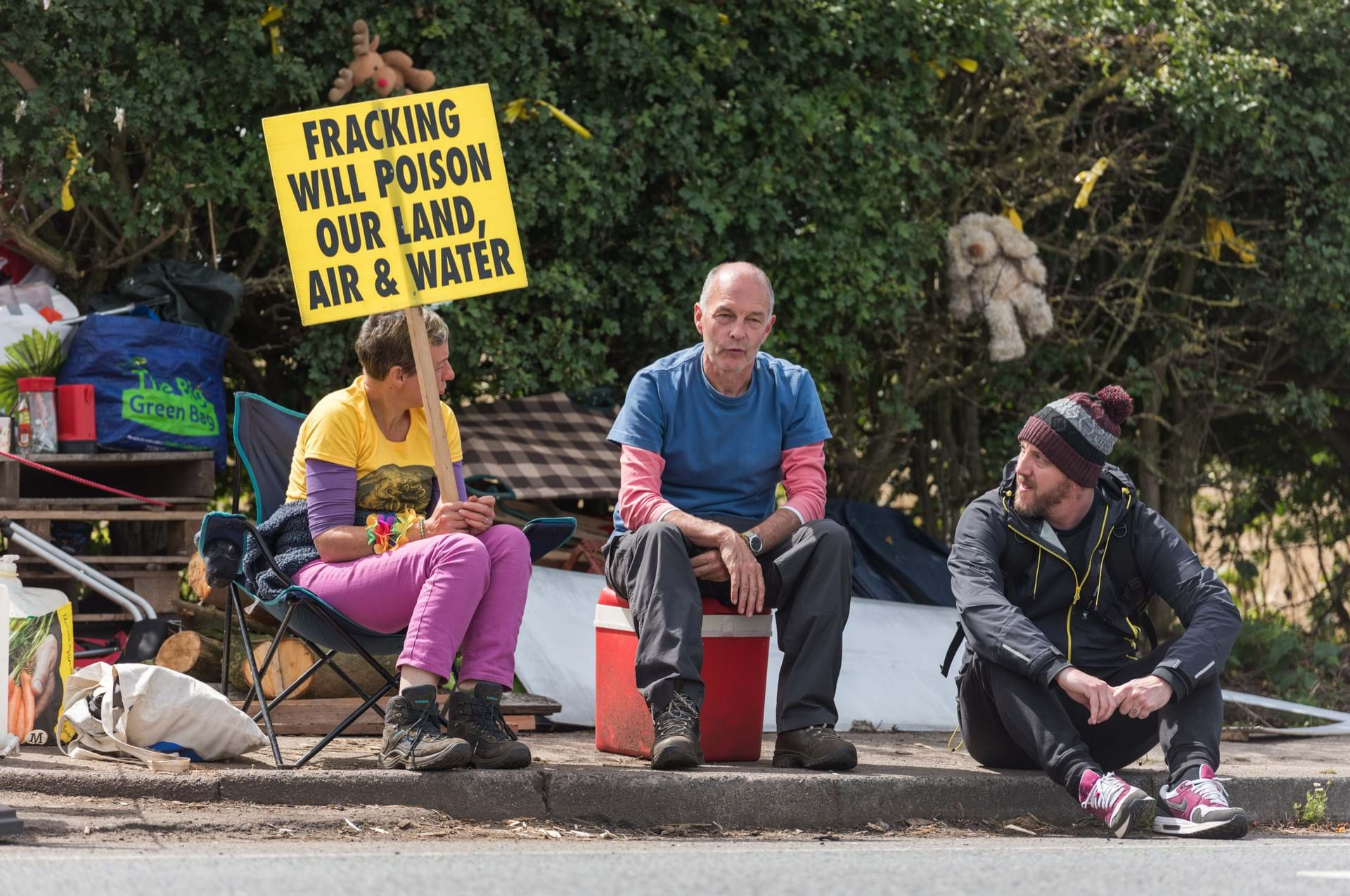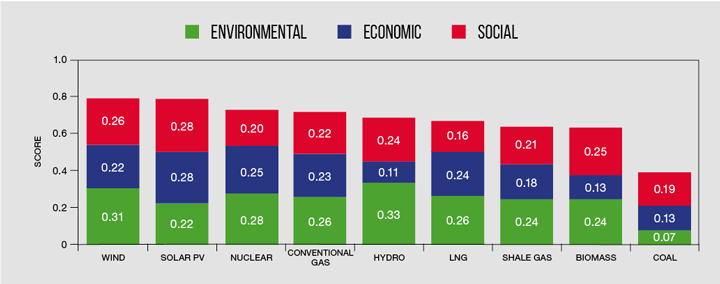Shale gas ruled one of the least sustainable options for power

SHALE gas is one of the least sustainable options for producing electricity, according to a new study from chemical engineers at the University of Manchester, UK.
While previous studies have judged shale gas solely on environmental criteria, this is the first to also take into account social and economic aspects. If all three criteria are considered equally important then shale gas ranks seventh out of nine electricity options, with wind and solar topping the chart and coal propping up the table.

While the UK government and industry are keen to develop shale gas, Scotland banned fracking last year and there has been opposition from numerous stakeholders, including non-governmental organisations (NGOs), local residents, and activists across the country.
The impacts on the environment from fracking are the main argument against the exploitation of shale gas but proponents have touted improved energy security and economic development as key benefits.
“The results of this study clearly show that, assuming equal importance of the environmental, economic and social aspects, shale gas ranks seventh out of the nine electricity options, which means most other options for electricity generation are more sustainable,” said Adisa Azapagic, professor of sustainable chemical engineering at Manchester and an IChemE Fellow.
“The results also suggest that any future electricity mix would be more sustainable with a lower rather than a higher share of shale gas.”
The study took into account 18 sustainability indicators of which 11 are environmental, three are economic and four are social. By varying the weightings, the team found that hydropower tops the list if environmental aspects are considered the most important, while solar PV is best on both economic and social.
The team asked what would need to change to make shale gas the most sustainable option. While they found it was possible to push shale gas to the top of the list by improving its performance and altering the weight of the importance placed on certain indicators, they concluded that the changes needed are “very significant and unrealistic”.
The researchers say these results can now help inform UK policy makers, industry, NGOs and consumers. They will also be of interest to other countries considering exploitation of shale gas.
Science of the Total Environment: http://doi.org/cjgc
Recent Editions
Catch up on the latest news, views and jobs from The Chemical Engineer. Below are the four latest issues. View a wider selection of the archive from within the Magazine section of this site.




